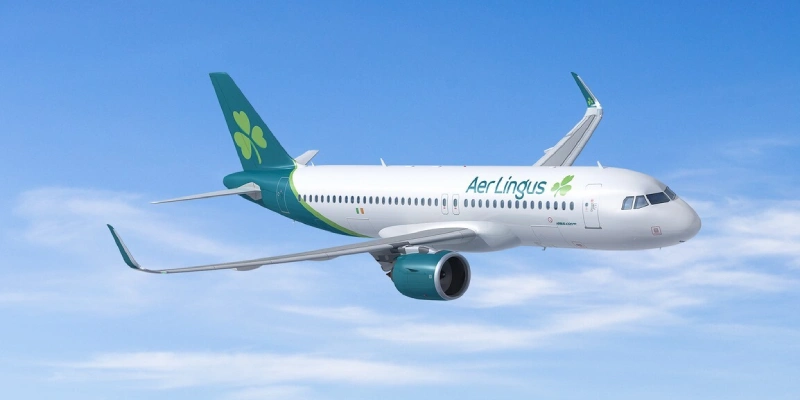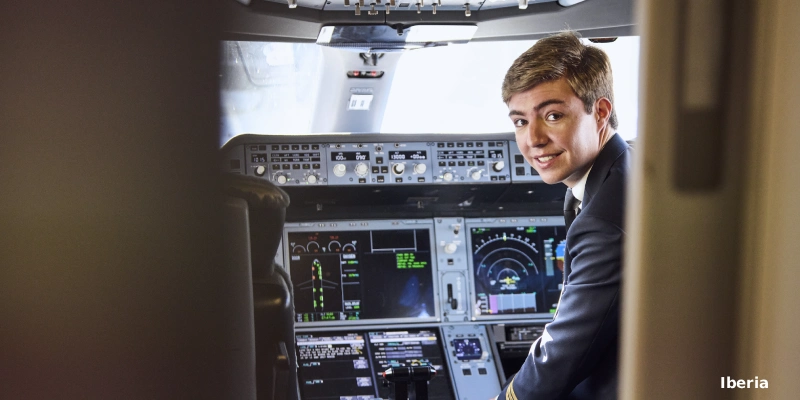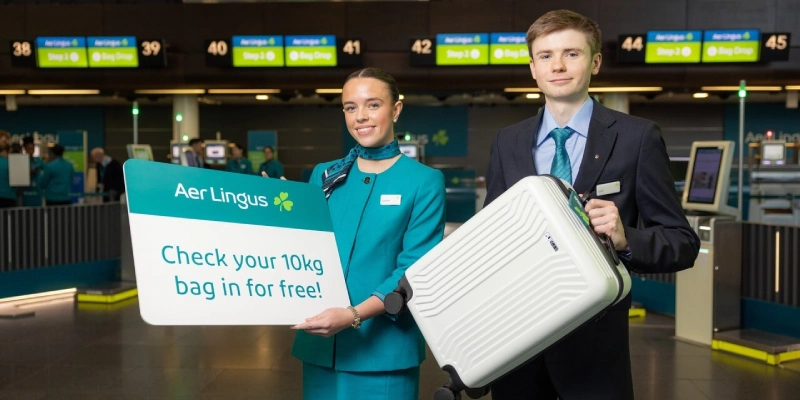Airbus and LATAM Airlines Group have funded a study in the Massachusetts Institute of Technology (MIT) Joint Program on Global Change Science and Policy (MIT Joint Program).
The study, entitled “Options for sustainably decarbonizing aviation in Latin America: an assessment of carbon policies, carbon pricing and aviation fuel consumption up to 2050”, will provide a comprehensive analysis of scenarios for the deployment of sustainable aviation fuels (SAF) up to 2050, and will explore avenues related to low-carbon hydrogen, direct air capture, and bioenergy with carbon capture and storage. In addition, it will evaluate the use of incentives, carbon taxes and carbon offsets, among other quantifiable policy instruments, to offset aviation emissions.
“As a difficult sector to decarbonize and without a comprehensive solution in the short term, carbon neutrality by 2050 is not something the aviation industry can achieve on its own. Progress is required in defining and implementing enabling conditions and policy frameworks for options such as UAS, operational efficiencies, new technologies and carbon offset projects in South America, while ensuring that this transition is sustainable so that people can still afford and benefit from the connectivity that aviation provides. We hope this study can guide and promote collaborative efforts to advance the decarbonization of the industry in the region,” says Juan José Tohá, Director of Corporate Affairs and Sustainability at LATAM Airlines Group.
→ Boeing modifies 777-8 design
“Airbus is focusing on reducing its own carbon emissions and is contributing to the ambition set by ICAO and ATAG for aviation to achieve net zero emissions by 2050. We intend to be a strategic player in the implementation of this roadmap and welcome initiatives and policies that encourage efficiency and innovation, including ambitious targets to expand SAF,” said Guillaume Gressin, Vice President International Operations, Strategy and Commercial, Airbus Latin America and the Caribbean.
The MIT Joint Program researchers aim to publish the results of the study in April 2024. Their analysis will include viable recommendations for Brazil, Chile, Colombia, Ecuador, Mexico and Peru on ways to decarbonize the aerospace sector.
An integrated team of natural and social scientists studying complex interactions among interconnected and evolving global systems, the MIT Joint Program on the Science and Policy of Global Change produces comprehensive projections of global and regional change under different environmental, economic, and political scenarios. These projections enable decision makers in the public and private sectors to better assess the impacts and associated costs and benefits of possible courses of action.
Related Topics
Aer Lingus Strengthens Commitment to Cork: New Routes to Nice and Santiago de Compostela for Summer
Air Europa Adds Bologna and Tangier to Summer Schedule for First Time
Iberia Launches Sixth Edition of its Cadet Program: Technical Excellence and Shared Financing
Aer Lingus Aligns 10kg Carry-on Policy Across All Regional Flights

Plataforma Informativa de Aviación Comercial con 13 años de trayectoria.




